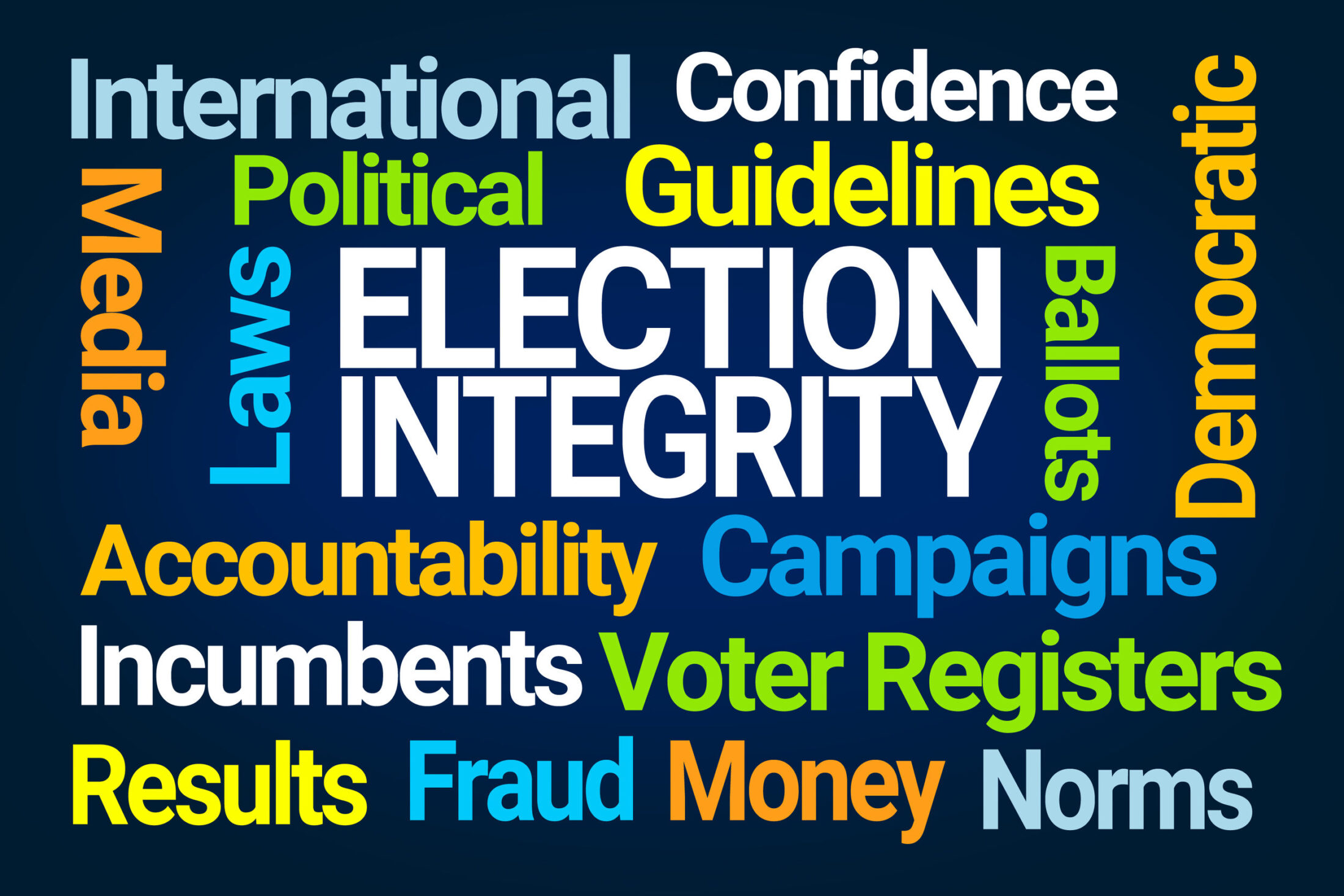In what will likely be a largely symbolic move, the United States Senate passed a resolution 50-48 which would block the Biden Administration from listing the lesser prairie chicken as threatened or endangered.
According to the Sunflower State Journal, the resolution, backed by Senators Roger Marshall and Jerry Moran, both Kansas Republicans, has a companion bill in the House of Representatives backed by 1st District Rep. Tracey Mann, which passed out of the Natural Resources Committee last week.
However, a statement from the Office of Management and Budget, rather than from President Joe Biden directly, vowed a veto if the resolution were to make it to his desk, stating the measure would overturn “a science-based rulemaking.”
“The lesser prairie-chicken serves as an indicator for healthy grasslands and prairies, making them an important measure of the overall health of America’s grasslands, a treasured and storied landscape,” the statement reads. “Overturning common-sense protections for the lesser prairie chicken would undermine America’s proud wildlife conservation traditions, risk the extinction of a once-abundant American bird, and create uncertainty for landowners and industries who have been working for years to forge the durable, locally led conservation strategies that this rule supports. For these reasons, if Congress were to pass S.J. Res. 9, the President would veto it.”
Rulemaking perhaps not so science-based
It appears, however, that the rulemaking is not “science-based.”
While it is true that much of the bird’s original range has disappeared, and likewise true that the fowl serves as “an important measure of the overall health of America’s grasslands,” it is also true that the prairie chicken’s numbers are largely dependent upon rainfall.
“Listing the bird as a threatened or endangered species is not the answer – plain and simple, we need more rainfall, not more regulation,” Moran said. “I am confident there are ways to conserve the species without hindering economic development in rural communities, and I will continue to push for a voluntary solution.”
Don Hineman, former Kansas House majority leader and a longtime farmer and rancher from Dighton, Kansas, testified before a U.S. House subcommittee against the efforts to list the bird as endangered or threatened.
Hineman noted the number of birds in Kansas has increased from 16,724 in 2013 to 36,278 in 2020, also noting the population tends to be “boom-or-bust” depending upon rainfall — always a chancy proposition in an area of the state that receives around 14 inches of moisture each year.
The American Farm Bureau Federation agrees with the potential for damage to already fragile rural economies and notes that while populations of the bird had been on the increase in recent years, drought — which plays a significant role in the LPC’s life cycle — has reduced numbers.
According to AFB, lesser prairie chicken populations increased by about 50% between 2012-2014 and 2020-2021 (no surveys were completed in 2019). During the same timeframe, agricultural production by value in the states covered by the “final rule” hovered around $55 billion in nominal (current) dollars.
“In other words, LPC populations have been able to recover by 50% while agricultural production in the region remained relatively stable,” AFB writes. “The rule admits ‘grazing by domestic livestock is not inherently detrimental to lesser prairie-chicken management and, in many cases, is needed to maintain appropriate vegetative structure’ when appropriate grassland management approaches are followed; grazing approaches most ranchers in the region have voluntarily put into practice to improve land productivity.”
Lawsuits pending
Even if the president vetoes the resolution, the future of the rules is hardly clear, as two lawsuits against it are pending, including one joined by Kansas.
On April 12, Kansas Attorney General Kris Kobach joined Texas and Oklahoma in bringing a lawsuit against the Biden administration, arguing that the U.S. Fish and Wildlife Service broke the law by designating the lesser prairie chicken as a threatened species in Kansas under the Endangered Species Act. According to the lawsuit, the listing fails to adequately consider pre-existing and ongoing voluntary measures to protect the lesser prairie chickens, as well as the fact that rainfall amounts are the dominant factor in prairie chicken populations. It also restricts the personal property rights of Kansas landowners. And, the suit argues, it is unconstitutional.



